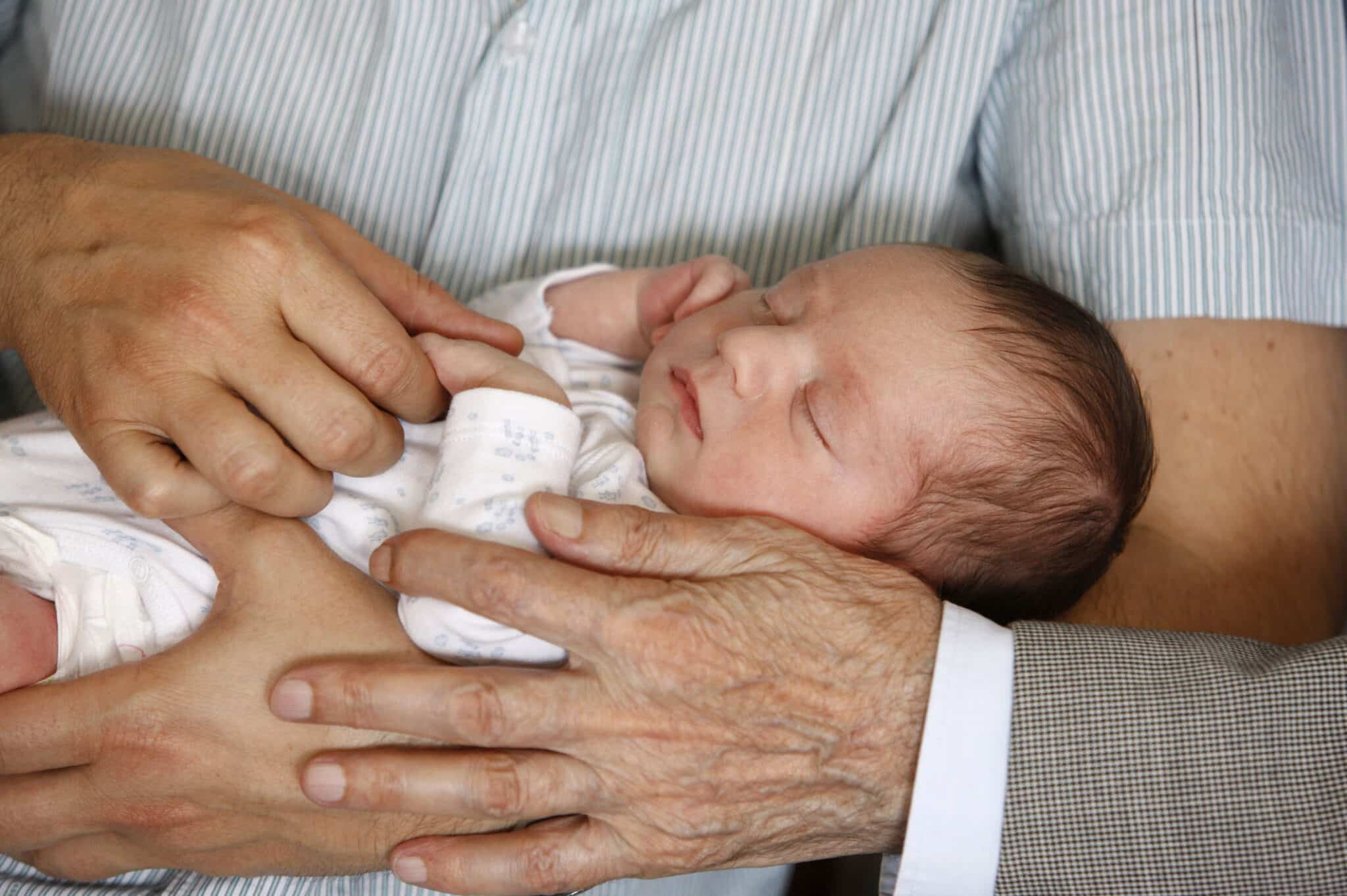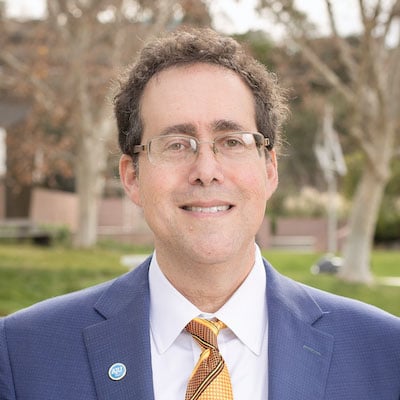 P Deliss/Getty Images
P Deliss/Getty Images At the age of eight days, every male among you shall be circumcised throughout your generations. —Genesis 17:12
The Mitzvah of Brit Milah
The mitzvah of brit milah, ritual circumcision, is among the oldest continually practiced rituals in the world. For almost four thousand years, beginning with our Patriarch Abraham, almost every Jewish male has entered the covenant between God and the Jewish People through the mitzvah of brit milah. Even today, we link our children and ourselves to our Jewish heritage through this important mitzvah. Am Yisrael Chai, the Jewish people still thrives!
In giving this gift to your son, you provide membership in an eternal people, bestow the blessings of holiness and sanctity, respond to the will of God, and affirm your family’s commitment to the lofty moral standards of the Torah and our Jewish traditions. You publicly assert that the repeated attempts to destroy our people will not succeed, that your family provides an ongoing link to our sacred past and our messianic future.
Because brit milah is such an important mitzvah, it is also an occasion of great joy. We celebrate the arrival of a new Jewish baby through blessings, song and a festive kosher meal after the ritual is complete. This guide will help you understand the significance of brit milah, and to celebrate the occasion joyously and traditionally.
Simhah or Surgery?
Some Jewish parents feel tempted to have a hospital circumcision rather than brit milah. Some even consider abandoning circumcision altogether. Often their motive, however ill-advised, is the health and well-being of the child.
Circumcision is safe. The most recent stand of the American Academy of Pediatrics (1989) is that there are “potential medical benefits to circumcision.” The California Medical Association overwhelmingly endorses newborn circumcision.
A mohel should do the circumcision. When a pediatrician does a circumcision in the hospital, it actually takes longer than when a mohel does it at home! It also loses the warmth and religious significance of brit milah.
To address both medical and religious concerns, the mohalim trained by Conservative Judaism are pediatricians who have received additional training in the religious laws of brit milah. They are able to assure the safety of your son while also making the ceremony, strictly in accordance with halakhah (Jewish law), one you will remember for the rest of your life.
Brit milah is not just a medical procedure. It is a sacred occasion, a moment of holiness for the Jewish people and a peak event in your family’s life.
Brit milah is not just a medical procedure. It is a sacred occasion, a moment of holiness for the Jewish people and a peak event in your family’s life. Only a mohel can make this moment both safe and sacred.
The Ceremony
The ceremony takes place on the eighth day following birth, during daylight. It is generally held in the home, unless the eighth day falls on the Sabbath or a holy day, in which case our communal practice is to transfer the ritual to the synagogue. In either case, a minyan (10 adult Jews) should be present to symbolically represent the entire Jewish people.
A special chair is designated as the “Chair of Elijah,” the prophet who announces the coming of the Messiah. Since any Jewish baby might just be the Messiah, every brit milah becomes a messianic event, which we mark by inviting Elijah to join us.
Parents designate three honored participants: the Sandak (traditionally one of the grandfathers) who sits with the baby during the brit milah, and the Kvater and Kvaterin (Godparents) who escort the baby into the room.
The obligation and privilege of circumcising the baby belongs to the parents, who recite a blessing before and after the actual circumcision. Since the responsibility is theirs, the parents also have the option of performing the final cut after the mohel has prepared and positioned the baby. Of course, the parents can decline this honor, choosing instead to let the mohel act as their agent. After the brit milah is complete, either the rabbi or the Mohel blesses the child and bestows his name.
The event concludes with a festive meal. Since the meal itself is part of a religious celebration, it should be in accordance with kashrut, the Jewish dietary laws. This is easily accomplished by serving only dairy foods (no meat or poultry), fish (except for shellfish), breads and baked goods (that use only vegetable shortening).
The Meanings of Brit Milah
–The birth of a child is one of the most exhilarating experiences in the world: the most God-like act a couple can perform. The birth of a child is also one of the most terrifying experiences: a weighty, lifelong responsibility for the welfare of another person, the recognition that we are mortal, the end of our youth. Blood is a powerfully ambivalent symbol of life and of death. What more appropriate medium can there be to dramatize the ambivalence of childbirth than by requiring the ritualized shedding of blood to express the parents’ hopes, fears, joy and panic?
–Ours is an age that no longer hears the divine voice in standards of sexual morality. We no longer know how to sanctify our sexuality, and many dispute whether we should even try. Is our sexuality a mere drive, or is it a gift of God, to be used to enhance the divine image in our loving partner? Brit milah represents the Jewish conviction that sexuality can be, must be, sacred. Sex can strengthen responsibility and commitment, or it can destroy trust and self-worth. By cutting away the foreskin, we pledge to harness sexuality to sanctify, to enjoy the gift of sex in an affirmative, life-supporting way.
–Ours is an age of shattered male identity and friendship. Brit milah establishes a powerful, non-verbal bond between fathers and sons that constitutes an eloquent reminder to look to Judaism for a new/old vision of what is truly masculine: men who are profoundly spiritual, who value life-long learning, who are not ashamed to dance, to cry, or to sing, men who love their families and their faith, men who can nurture other people.
We still need brit milah.
Rabbi Dr Bradley Shavit Artson (www.bradartson.com) holds the Abner and Roslyn Goldstine Dean’s Chair of the Ziegler School of Rabbinic Studies and is Vice President of American Jewish University in Los Angeles. A member of the Philosophy Department, he is particularly interested in theology, ethics and the integration of science and religion. He is also dean of the Zacharias Frankel College in Potsdam, Germany, ordaining Conservative rabbis for Europe.























 More news and opinions than at a Shabbat dinner, right in your inbox.
More news and opinions than at a Shabbat dinner, right in your inbox.